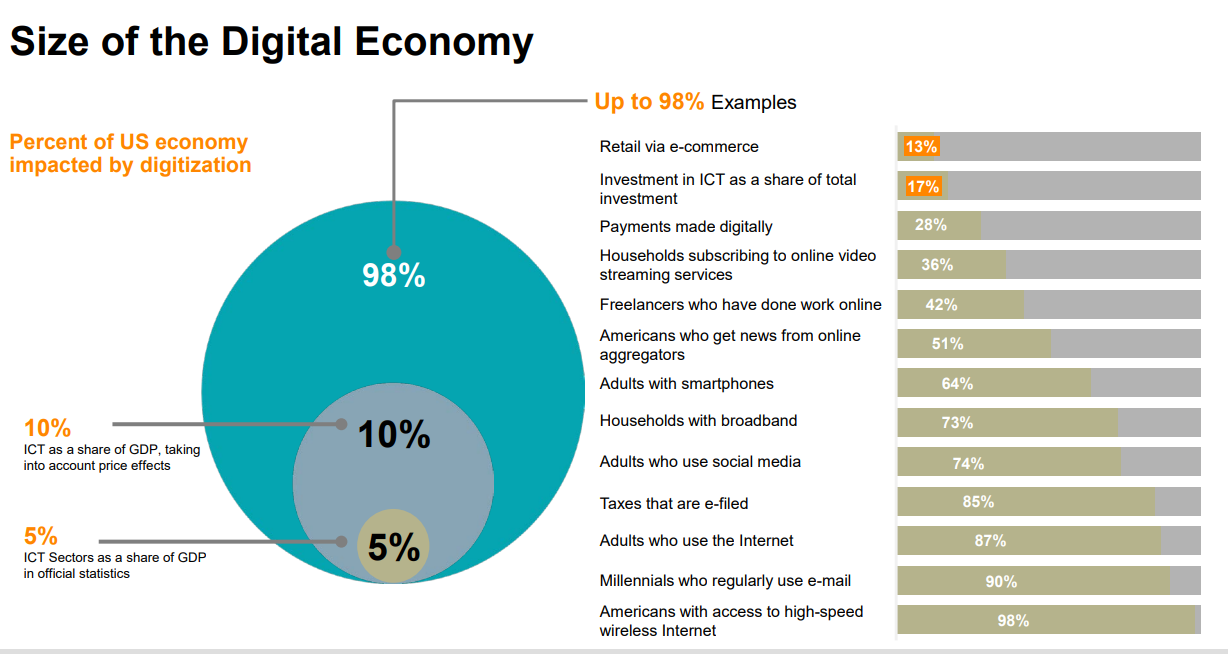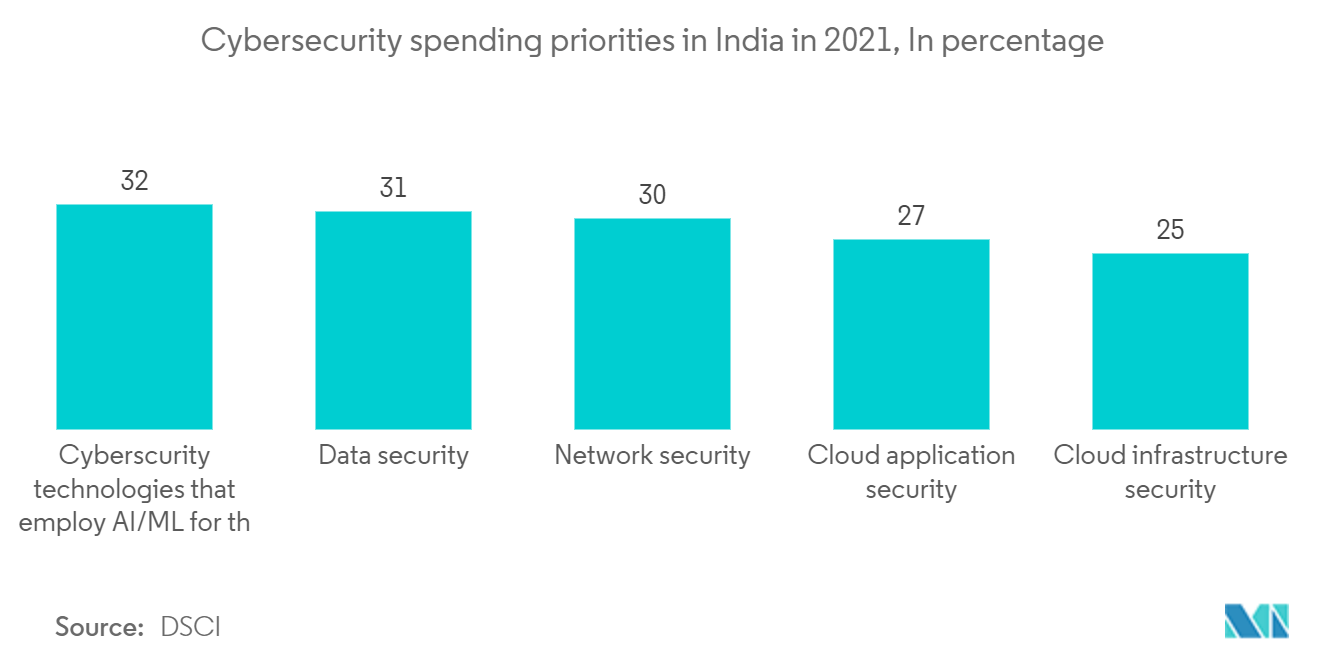Digital payment security has become an essential topic in today’s rapidly evolving financial landscape. With millions of transactions occurring every day, ensuring the safety of digital wallets is paramount to preventing fraud in digital payments. Cybersecurity experts emphasize the importance of robust authentication methods, especially in light of widespread OTP authentication issues that leave many users vulnerable to data breaches. Furthermore, the implementation of KYC compliance in payments has proven critical in safeguarding customer details and enhancing overall security. As the digital payment ecosystem continues to grow in India, understanding these security challenges is vital for both consumers and providers alike.
In the realm of electronic transactions, the security of online payment systems is increasingly essential. The rise of digital wallets has transformed how individuals manage their finances, but with this innovation comes the pressing need to protect against potential threats. Issues surrounding temporary password verification, known as OTP, have heightened concerns over transaction safety and the risk of cyber fraud. Likewise, regulatory measures related to customer identification and verification, commonly referred to as KYC compliance, play a pivotal role in fortifying the payment landscape. As we delve into these critical aspects of financial technology, it’s important to explore the intersection of user awareness and cybersecurity measures.
Understanding Digital Payment Security
Digital payment security is an essential concern for consumers and businesses alike. With the rapid rise of e-commerce and mobile payments, understanding the security measures in place is crucial. Digital payment systems must ensure that they operate under stringent security protocols to protect users’ financial information from cybercriminals. This involves implementing advanced encryption methods, secure servers, and compliance with local regulations that govern financial transactions.
Moreover, users must be educated on best practices to enhance their own digital payment security. Recognizing potential threats, such as phishing attacks and malware, can significantly reduce risks. Consumers should also actively monitor their transaction history and report any suspicious activities to their financial institutions immediately. Overall, both companies and consumers play vital roles in ensuring robust digital payment security.
The Flaws in OTP Authentication
One Time Password (OTP) authentication has become a prevalent security measure used by digital wallets; however, it has its flaws. As articulated by industry experts, OTPs can be easily intercepted by fraudsters through various means, such as malware on mobile devices or social engineering tactics. This makes users relying solely on OTPs vulnerable to unauthorized transactions and account compromises.
Furthermore, the user experience is significantly compromised when OTPs fail to reach their intended recipients promptly. Delays in OTP delivery can frustrate users, resulting in inadequate system reliability. As such, businesses must seek alternative authentication methods or enhance the OTP process. Continuous education for users about the potential risks of OTP-based systems is also imperative.
The Importance of KYC Compliance in Payments
KYC, or Know Your Customer, compliance is vital for the integrity of the digital payments ecosystem. As mandated by regulatory bodies like the RBI, KYC measures help in the verification and authentication of users, which directly contributes to fraud prevention. Without adequate KYC processes, digital wallets may lack the necessary information to effectively authenticate transactions or assist customers during disputes.
Recent breaches, such as the Aadhaar incident, have heightened awareness of KYC vulnerabilities, emphasizing the need for enhanced security protocols. Digital payment companies are encouraged to leverage technology to secure KYC data, while also ensuring a seamless user experience. By prioritizing KYC compliance, businesses can build trust and provide safer financial services.
Addressing Fraud in Digital Payments
As online transactions continue to soar, so do instances of fraud in digital payments. Cybercriminals are constantly creating new tactics to exploit vulnerabilities within digital wallets and payment systems. Industry leaders stress the importance of robust fraud detection mechanisms that can identify and respond to suspicious activity in real time, to protect both merchants and consumers.
This proactive approach is essential to maintaining user confidence in digital payment solutions, which is imperative for customer retention and growth. Encouraging users to utilize layered security measures, such as two-factor authentication and regular password updates, can also mitigate the risks associated with fraud. As technology evolves, so too must the strategies to combat fraud in digital payments.
Enhancing Cybersecurity in India
Cybersecurity in India has become a pressing issue, particularly as the country embraces digitalization in every sector, including finance. With millions of users engaging in digital transactions daily, cybersecurity measures must evolve to match the growing threats. Government initiatives, such as the National Cyber Security Policy, aim to bolster the framework for protecting sensitive information, but collaboration between stakeholders is essential.
Industry players and startups need to push the envelope on developing secure technologies that can withstand cyberattacks. Awareness campaigns targeted at consumers can also educate them about the importance of cybersecurity, encouraging adaptive behaviors like using secure networks for transactions. The future of digital payments relies heavily on the ability to safeguard these transactions through effective cybersecurity measures.
Challenges in Digital Wallet Security
Despite the convenience that digital wallets offer, they are often fraught with security challenges that compromise user data. Notably, many users are unaware of the security measures or strategies needed to protect their wallets adequately. This opaqueness can lead to a false sense of security, where users believe their funds are protected without understanding the technology backing these wallets.
Moreover, evolving cyber threats necessitate continuous upgrades to security protocols in digital wallets. Companies must invest in research and development to fortify their systems against evolving attacks, including hacking and identity theft. Users must also take personal responsibility in implementing practices that can help safeguard their accounts, such as using biometric authentication and setting strong passwords.
User Education on Digital Payments
User education plays a crucial role in enhancing the security of digital payments. In a landscape where cyber threats are increasingly sophisticated, consumers must be well-informed about the potential risks associated with digital transactions. Providing clear guidelines on recognizing phishing attempts, understanding OTP vulnerabilities, and the significance of KYC compliance can empower users to better navigate the digital payment landscape.
Furthermore, digital payment platforms should invest in creating educational resources and customer support systems that provide timely assistance. By actively engaging users in the learning process, companies can foster an environment of security awareness, significantly mitigating risks associated with digital transactions.
Regulatory Impacts on Digital Payment Security
Regulatory initiatives from agencies like the RBI have significant implications for digital payment security. Establishing standards for KYC compliance and data protection measures ensures that digital wallets operate on a secure foundation, ultimately enhancing consumer confidence. Regulatory oversight also holds companies accountable for lapses in security, reinforcing the importance of upholding high standards to protect user data.
However, regulatory compliance may sometimes burden smaller businesses, leading to challenges in adopting robust security measures. Policymakers must strive to create a balanced framework that promotes innovation while ensuring user protection. Striking this balance is imperative for fostering a secure digital payment ecosystem that supports growth in India’s financial technology sector.
The Future of Digital Payment Security
The landscape of digital payment security is continually evolving, underscored by advancements in technology. Innovators are exploring solutions such as blockchain and machine learning to enhance transaction security and streamline authentication processes. These technologies not only have the potential to curb fraud but also rebuild consumer trust in digital payments.
As the demand for digital payments continues to grow, focusing on developing advanced security measures will be paramount. Collaboration between technology providers, financial institutions, and regulatory bodies will pave the way for a robust security infrastructure. A secure digital payments framework will not only protect users but also fuel the growth of the entire e-commerce industry.
Frequently Asked Questions
What are the main issues with digital payment security in India?
Digital payment security in India faces significant challenges, including the high rate of transaction compromises, with estimates suggesting that up to 150,000 transactions are affected daily. Key issues include inadequate OTP authentication, user unawareness regarding data security, and insufficient KYC compliance, which allows fraudulent transactions to occur more easily.
How does KYC compliance impact digital wallet security?
KYC compliance is crucial for enhancing digital wallet security as it helps payment companies gather necessary user data to authenticate transactions. Without adequate KYC information, providers struggle to validate user identities, increasing the risk of fraud. Recent breaches, such as the Aadhaar leak, have particularly highlighted this vulnerability.
Why is OTP authentication often insufficient for securing digital payments?
OTP authentication lacks reliability due to several vulnerabilities. Many users may unknowingly expose their OTPs and sensitive information to fraudsters through phishing scams or malicious applications that can intercept SMS notifications. As a result, OTP-based security alone may not adequately shield users from increasingly sophisticated cyber threats.
What measures can be taken to improve digital wallet security?
Enhancing digital wallet security requires a multi-faceted approach. Implementing stronger user authentication measures beyond OTPs, such as biometric verification, educating users about potential scams, and ensuring comprehensive KYC compliance can significantly reduce the risks associated with digital payments.
What role does cybersecurity play in reducing fraud in digital payments?
Cybersecurity is vital in preventing fraud in digital payments by establishing robust protection mechanisms against threats. Utilizing advanced technologies such as encryption, blockchain, and secure application protocols can help safeguard sensitive data and enhance transaction integrity, thereby minimizing vulnerabilities in the digital payment ecosystem.
How can users protect themselves from fraud in digital payments?
Users can enhance their protection from fraud in digital payments by practicing vigilance. This includes regularly updating their passwords, being cautious of unsolicited communications requesting personal information, familiarizing themselves with secure transaction practices, and utilizing digital wallets that emphasize strong security measures like KYC and robust authentication.
What technologies are being adopted to strengthen digital payment security?
To bolster digital payment security, technologies such as NFC-based cards that comply with EMV standards are being adopted. These measures create more secure transaction environments. In addition, the potential application of blockchain technology is gaining traction, promising increased security for processes like remittances and transaction tracking.
What are the common fraud tactics associated with digital wallets?
Common fraud tactics associated with digital wallets include phishing scams, where fraudsters impersonate legitimate institutions to acquire user credentials, and the use of malicious apps that hijack OTPs or transaction details. Users are often tricked into providing personal information through fake communications, leading to unauthorized access to their accounts.
| Key Point | Description |
|---|---|
| Prevalence of Fraudulent Transactions | 150,000 out of 1.44 billion online transactions are compromised daily in India. |
| OTP Vulnerability | Over 90% of digital payment users rely on OTPs, which are insecure due to user naivety and fraudulent apps. |
| KYC Compliance Issues | RBI mandates KYC, yet many wallets lack sufficient user data for authentication. Users can only store up to Rs 10,000 if KYC is not updated. |
| Potential Solutions | Emerging technologies such as NFC-based cards and blockchain may improve security; however, their implementation varies. |
Summary
Digital payment security is a pressing concern in today’s tech-driven world. With an alarming rate of compromised transactions in India, the reliance on outdated One Time Password (OTP) authentication methods highlights the urgent need for enhanced security measures. Industry experts emphasize the importance of user awareness, proper KYC compliance, and the integration of modern technologies like NFC and blockchain to fortify digital transaction security. Addressing these vulnerabilities will be crucial for safeguarding consumer trust and financial safety in the evolving landscape of digital payments.



